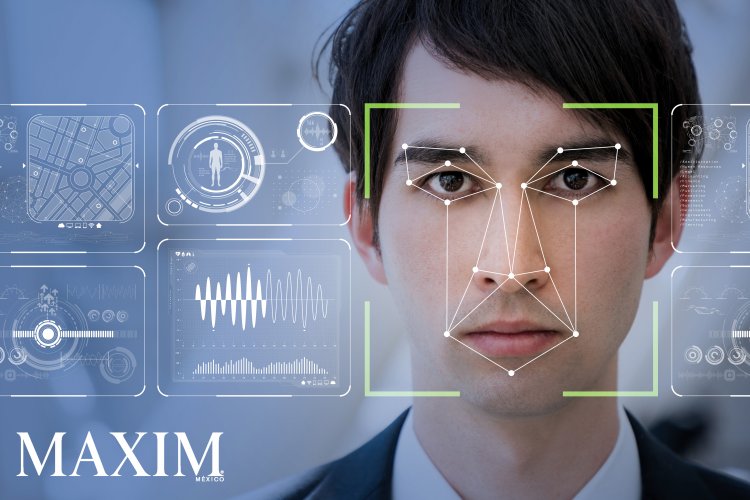The fight for biometrics
The creation of the PNUTM ignited the controversy over the collection of biometric data that mobile phone companies will have to do.

In April, the Senate of the Republic approved the entry into force of the decree that proposes the creation of the National Register of Mobile Telephone Users (PNUTM). Which would force everyone who wants to have a cell phone to hand over their biometric data. This decree has been the subject of controversy, as various specialists point out that said registry places users in a vulnerable position with regard to the protection of their personal data.
One of the main criticisms of the PNUTM comes from the similarities that exist between it and the Renaut (National Registry of Mobile Telephone Users), the register that was promoted - without much success - during the government of Felipe Calderón, and which had as purpose to combat extortion and kidnapping. However, after null results, several mishaps and some versions that assured that the Renaut information was for sale on the black market, the Senate made the pertinent reforms for its disappearance.
While the authorities assure that the PNUTM is a matter of national security to stop crimes such as extortion and kidnapping, various specialists point out that it is nothing more than a reissue of Renaut.
How will it work?
According to the statement issued by the Senate after the approval of the PNUTM, the telephone companies will be responsible for collecting the identity information and the biometric data of the users; while the Federal Telecommunications Institute (IFT) will be the body in charge of installing, operating, regulating and maintaining the registry.
In theory, the PNUTM will house the data of the natural or legal persons, owners of each mobile telephone line, in order to collaborate with the authorities in matters of security and justice in matters related to the commission of crimes. The data that the registry will require are: mobile phone number, date and time of the activation, full name of the user, nationality, official identification number with photo and Password Unique Population of the line holder, as well as the user's biometric data.
Although the decree stipulates that the registry will have access to information related to the telephone line and the user, including their biometric data, it is never specified to which ones. These could range from fingerprints, the face, the retina, and the iris, to the shape of the ears, skin, or even DNA.
The telephony concessionaires will have the power to suspend the service to those who do not comply with the requirements, and they may also be subject to penalties when they misuse the data, allow false or illicit registrations and deliver information untimely.
Critical positions
In addition to its similarities with Renaut, there are claims of illegitimacy, as has been stated on various occasions by Isabel Davara, director of the Davara Abogados law firm. According to what was mentioned by the lawyer in different forums, the IFT does not have powers to control the database, since the possession of the identity data of the people is the faculty of the Ministry of the Interior, in accordance with the General Law of Population.
Likewise, specialists from the firm Digital Policy & Law Group estimate that between 20 and 30 million Mexicans may be disconnected by the restrictions of the PNUTM. For its part, the National Institute for Access to Information and Data Protection (INAI) expressed its concern about the creation of the registry whose existence would put the protection of personal data at risk.
The controversy surrounding the PNUTM still has a very long way to go, over time it will be known if, indeed, it is a reissue of the Renaut; a useful tool in the fight against crime; or a Mexican version of Orwellian technototalitarianism in the style of the novel 1984.

















